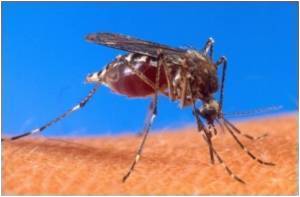There is high possibility of developing 20 new or improved vaccines in the next decade, researchers have suggested in the Lancet.

"We must also consider vaccines beyond classic infections, such as insulin-dependent diabetes, cancers and degenerative diseases. We need to find the requisite funds for the research and development of about 20 improved or novel vaccines in the next decade or beyond," the BBC quoted the scientists saying in the Lancet.
"This call to action comes at a crucial time. In some communities, recent declines in vaccine uptake provide a stark reminder that public confidence and trust in immunisation is fragile and requires attention," they added.
"Considering the unambiguous and beneficial track record of immunisation, it is perhaps surprising that the public aren't always comfortable with it. It's complex. Perhaps one of the things that's most important is that vaccines are given to healthy people - often children," said Professor Richard Moxon, from Oxford University, who came up with the idea for the series of papers looking at the future of vaccine research.
"Safety issues loom very large because there's very little awareness of many of the diseases that have been prevented by vaccines, such as polio and whooping cough," he added.
Moxon believed that though an AIDS vaccine is still many years away, but there might be an effective malaria vaccine within five years.
Advertisement













